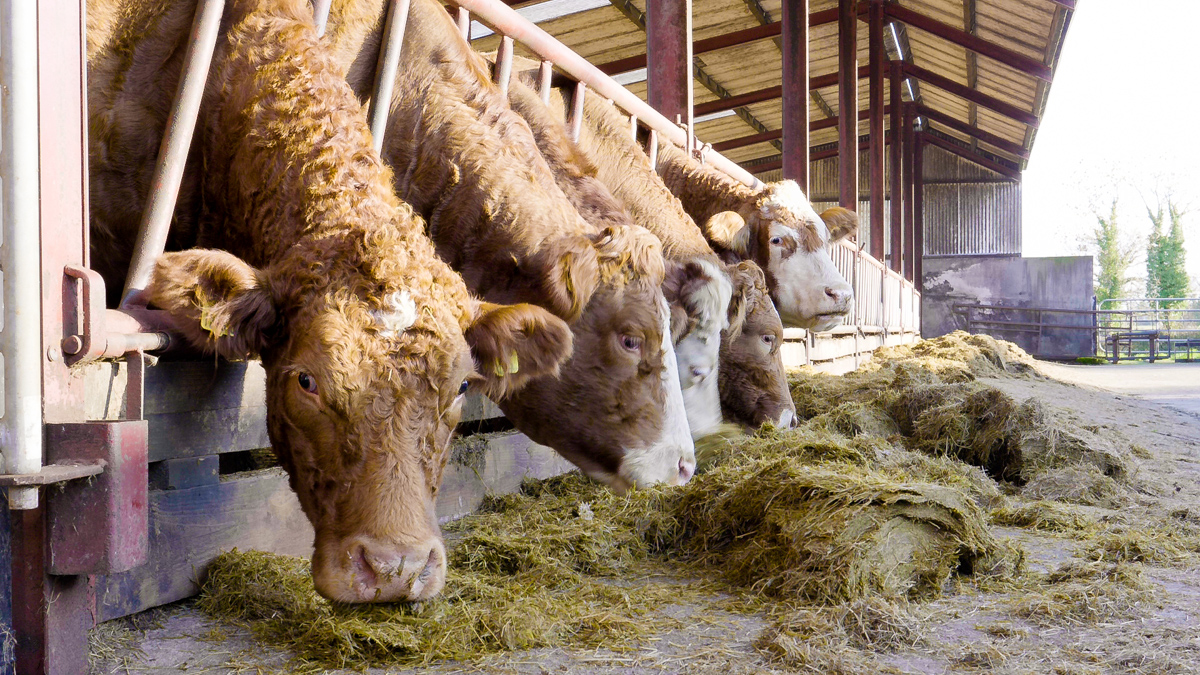The current Department of Agriculture, Food and the Marine Covid-19 protocols in relation to TB testing will be extended to February 1.
These protocols include a stipulation that TB testing should continue using safe practices which observe Health Service Executive (HSE) guidelines.
Where a herd cannot be TB tested due to Covid-19, the trading status of the herd will be suspended when the herd becomes overdue. However, a grace period of 28 days from the date on which the herd test becomes due will be applied before this suspension comes into effect, during which the herd can continue trading.
Calves between 42 and 120 days of age should be TB tested only where both the farmer and the vet are satisfied that social distancing can be adhered to.
Before commencing with testing, the private veterinary practitioner (PVP) should make a plan with the farmer regarding physical distancing.
This can include greater use of a head restraining gate or use of a longer guide stick to help to raise heads, and should include discussion of the use of face coverings based on HSE guidance.
If calves under 120 days are not able to be tested while adhering to physical distancing, they will be eligible for movement once the herd retains its free status, until they reach 120 days of age. This exemption will be reviewed on February 1.
This exemption does not apply to reactor retests, nor to the requirements for TB testing for export. Where a calf aged under 120 days is intended for export, the requirement for a 30-day pre-export TB test remains in place for calves over 42 days of age.
Calves aged over 120 days must have passed a TB test in order to move out of the herd.
If the herd becomes overdue as a result and has its trading status suspended, the 28-day grace period will apply.
Where a PVP is unable to carry out the test because they are self-isolating or in a high-risk group, they should inform the farmer and the RVO. A PVP from another practice may be arranged to carry out the test, or if that can’t be done, the test will be delayed.
The delay in testing due to Covid-19 issues will not be a basis for referring the farmer for possible cross-compliance action. If the delayed test is a department-paid test, a delay due to Covid-19 will not be grounds to make it a farmer-paid test.
